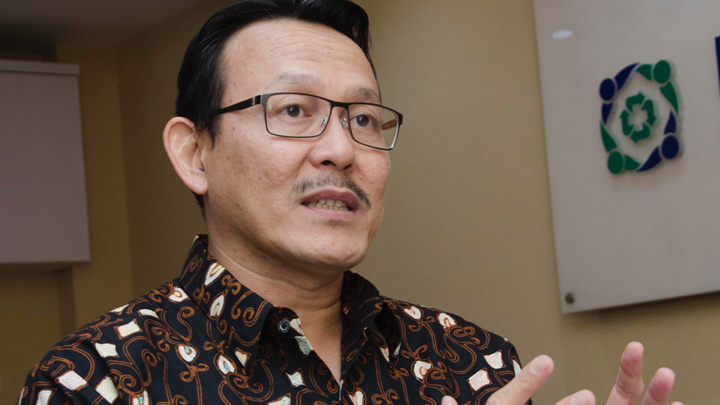Only Two Options Remain
Tuesday, March 17, 2020
arsip tempo : 171388464465.

STATE-OWNED insurer, BPJS Kesehatan, has barely had time to enjoy its premium increase. On February 27, the Supreme Court annulled article 34 of Presidential Regulation No. 75/2019 regarding premium increases for independent insurance policy holders.
BPJS Kesehatan CEO Fachmi Idris sees this decision as a momentum to reform the overall National Health Insurance (JKN) program. One way is to adjust services with the available funds. “No
...
Subscribe to continue reading.
We craft news with stories.
 For the benefits of subscribing to Digital Tempo, See More
For the benefits of subscribing to Digital Tempo, See More








